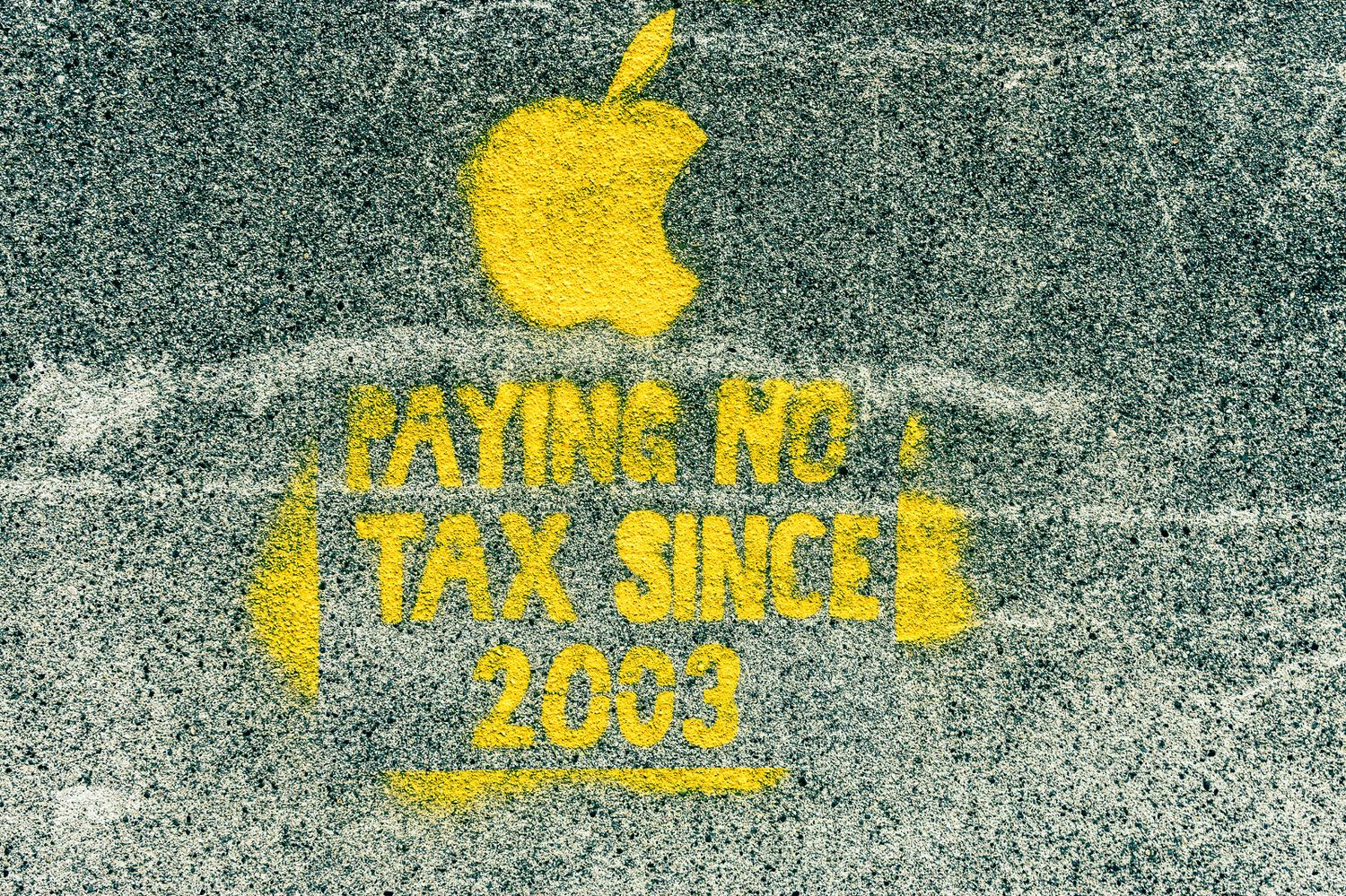A Catalan report shows the change in trend from Google to Spanish
- It is known (we have already commented in Sustatu in December and January) that Google discriminates against the results in Basque and Catalan since last year. He promised the Catalans that Google would study the matter. There seems to be no change. On the contrary, the Catalans constituted a "Digital Alliance" between their companies, institutions and technophile groups, whose office has just launched a job showing how it is causing discrimination of Google results.

Aliança per la Presència Digital del Català (APDC) was formed in March under the chairmanship of technophilic journalist Albert Cuesta. Since then, data from the websites of different organizations have been analyzed and systematic searches have been carried out from controlled computers to empirically analyze the case of Google discrimination.
The results were made public on Tuesday. Press release here and the English PDF report here.
Here are some disturbing discoveries that can probably be brought from the case of Catalan to Basque (we show that in Sustatun there is also this problem to Basque)
Here, in the areas of bilingual Catalan and Spanish content, the imbalance developed, measured in the loss of the visit in Catalan. Traffic loss has been particularly noticeable since the second half of 2022.

The descent of Catalan, on a certain website (a catal organization that works in different languages and looking at different "markets"), shows a correlation between the fall of Catalan and the increase of Spanish, especially from 2022.

The report concludes that there was a substantial change in the spring of 2022. It also presents several examples, with computer configurations in Catalan, documenting the result of concrete searches, as the results prefer Spanish rather than Catalan. They have created a supplementary image gallery accompanying the report. We have also published examples in Sustatu...

.jpg)
The report therefore mainly shows:
- discrimination against Catalan,
- Since the spring of 2022
- influences visits to websites, lowering visits only in Catalan and adding Spanish visits to bilingual websites in the same proportion as Catalan visits go down.
Why is this happening? The report mentions some assumptions, and the most credible would be:
“The problem is that is not complying with the users” preferences (“I’d rather like to see pages in Catalan”), so when content is available in several languages, in multilingual sites, Discards the language preference in the browser or user and which visits which the specimen.
Translated:
"The problem is that Google does not address the language preferences of users ("Hopefully see the pages in Catalan") and, consequently, when a certain content is offered in different languages, such as multilingual websites, Google ignores the linguistic preferences in the browser or in the user profile, and gives more relief to the version of the site that most visits it has, which consequently receives more visits."
There's the spoon, in short, our behavior is the main one. The Herri Txiki effect, sometimes cited by Wikipedia practitioners in Basque, or last year in searches for bertsolaris names... Euskaldunes clicked, although offering two pages, more in Spanish in Basque. Google has come to the conclusion that, over and above linguistic preferences or any other type, whoever receives more clicks is more interested than the rest, so the algorithm chooses to offer Spanish before. This, as in the mouse surrounding, makes the Spanish one even more interesting -- and that's where we are.
In the report we also read a surprising point: "We are not sure that the issue is also affecting other languages. Actualy a few complaints about Ukrainian have surfaced on Twitter." The Alliance report therefore says that they do not know whether this is happening in other languages. Finally, a representative of the Alliance met a few weeks ago with the subcommittee of the digital section of the Basque Advisory Council of the CAV and was informed that the Basque was the same. This has been forgotten.
Looking ahead, the report proposes to look at more things, especially how the Hreflang HTML coding parameter is used on multilingual websites... This is a somewhat abstract issue, but some Basque technologists have found that in the case of Wikipedia Hreflang is not used in a standard way (or at the request of Google). Topic perhaps for another article.
I think Soraluze’s ‘Jaso burua’ initiative is very good, which drives the necessary awareness. Last week, I was at the conference for parents of elementary school children. With the older child in FP, little criticism was heard about the use of screens (and screen... [+]






















